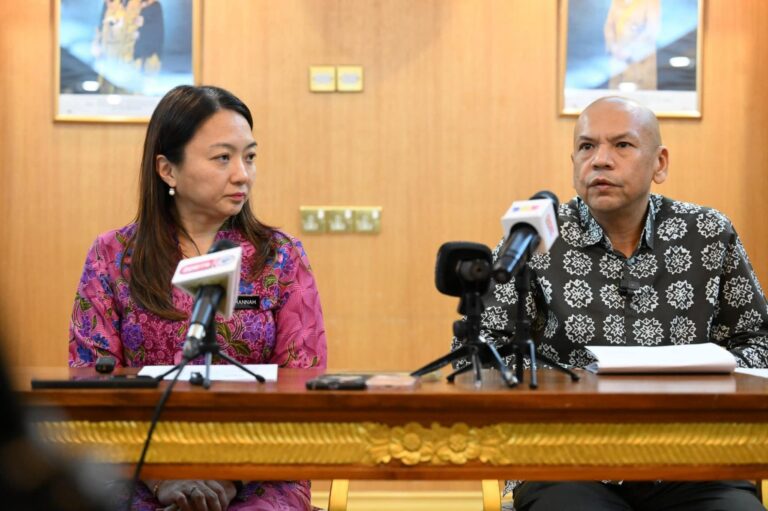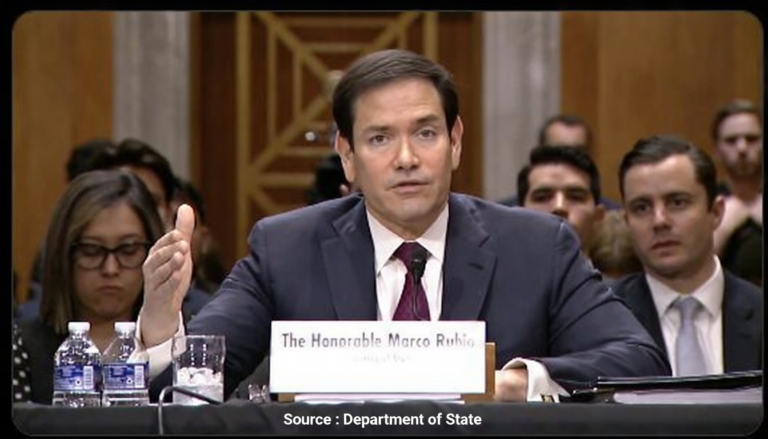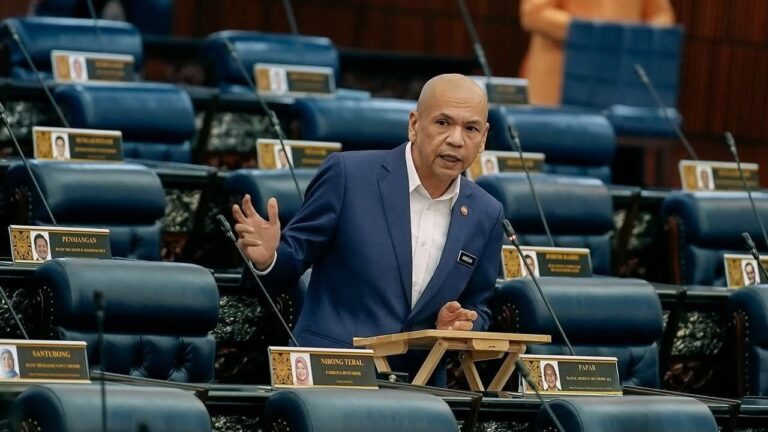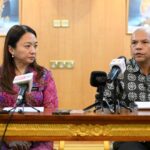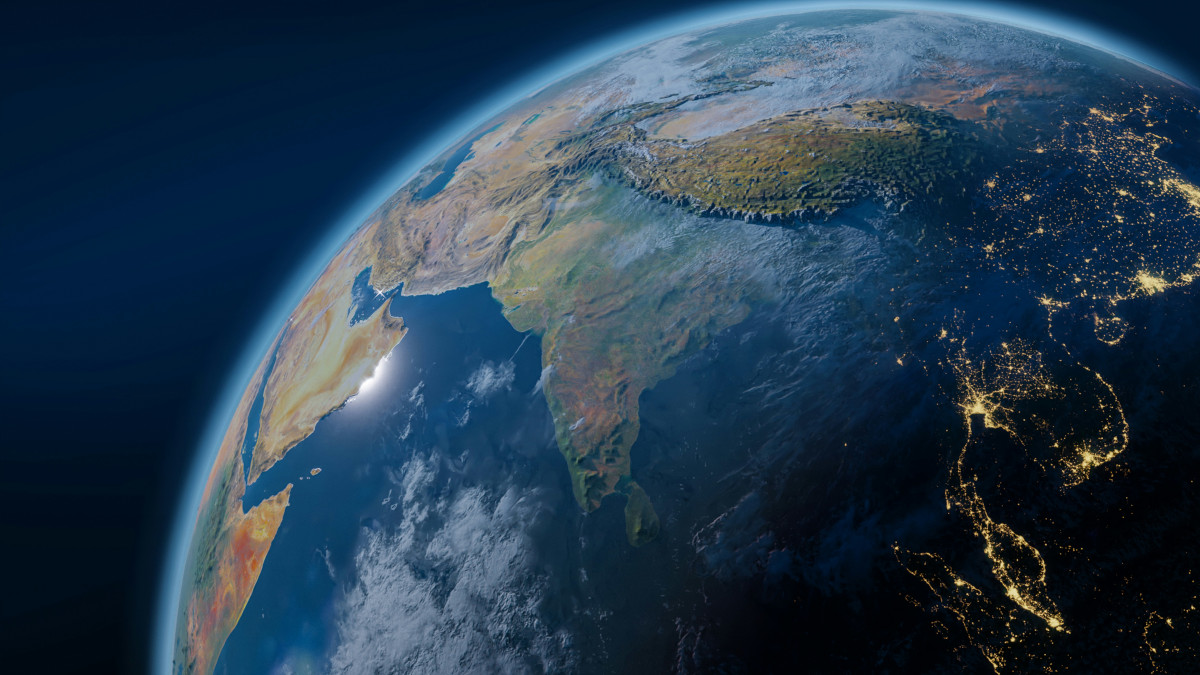
By Professor Dato Dr Ahmad Ibrahim
The world stands at a crossroads. As climate disasters escalate, resources dwindle, and the race to net-zero intensifies, science has never been more critical to human survival and economic resilience. Talk about the economy going circular will not happen without adequate investment in science. Even the latest inroads in renewable energy owed much to science. We saw how solar became affordable thanks to science. Yet just when we need them most, young people are turning away from science careers. In the EU, only 24% of tertiary students graduate in STEM. In Africa, 60% of universities can’t fill their science programs. In Malaysia, recruiting students to enrol in science faces all kinds of hurdles. This is not an education crisis—it is a civilizational emergency.
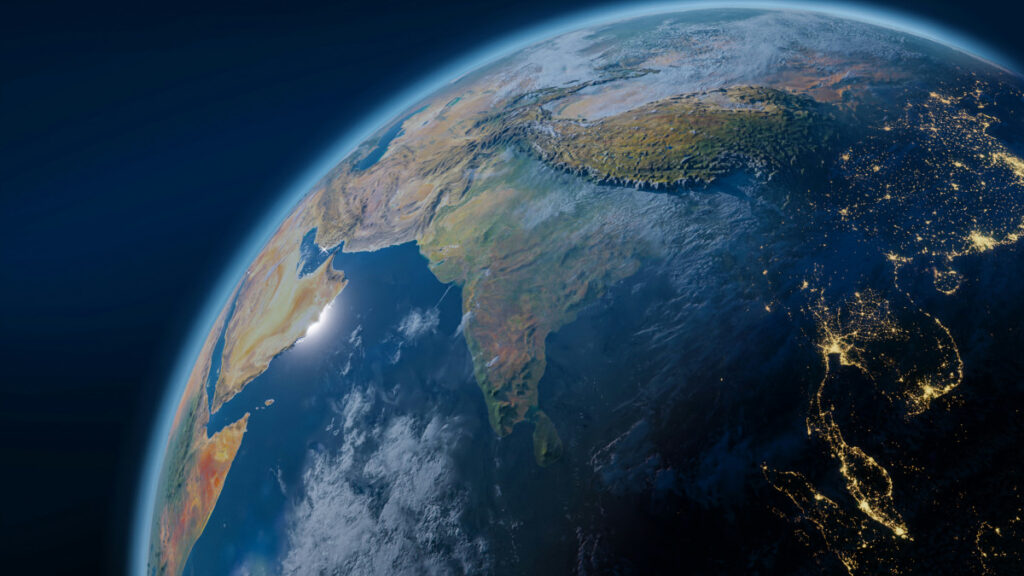
The problem has much to do with the fact that science lost its story. We need better ways to revisit the narratives. Young people today are the most purpose-driven generation in history. They march for climate action, champion social justice, and demand meaningful work. Yet we present science to them as dusty textbooks, isolated equations, and distant “geniuses” in lab coats. We have divorced science from its power to change the world. We need to redesign the communication on science if we are to inspire more interest. The current approach is broken.
The result? A devastating talent drought. By 2030, the global green transition will need 30 million new scientists and engineers. Without them, we can’t design carbon-capture tech, grow drought-resistant crops, or build circular economies. The solution lies in rebooting science’s brand. To win back youth, we must radically reimagine science as what it truly is: humanity’s toolkit for survival and justice. Make science solve what kids care about. Stop teaching chemistry through abstract formulas. Start by tasking students with designing affordable battery storage for solar villages or engineering mycelium-based packaging to replace plastic. When NASA lets students code satellites monitoring deforestation, applications soar. When Kenyan mobile labs bring CRISPR experiments to rural teens, they see science as a weapon against hunger. We need to replicate such experiences to inject more excitement in science.
Gamify the lab and ditch the lab coat. Gen Z learns through doing, not lectures. Why not let them. Build virtual net-zero cities in Minecraft? Compete in TikTok science challenges (DesignForEarth)? Use AI apps to diagnose crop diseases in real-time? Join VR expeditions to melt Arctic ice sheets? Tools like Foldscope’s $1 paper microscopes or Labster’s virtual labs make science tactile and thrilling—no billion-dollar facilities needed. We need more innovative ways to incite the interest of the young.
Most important to show them the money and meaning. Very often, youth hear “scientist” and picture low-paid academics. No glamour. We must spotlight today’s hybrid careers, including climate lawyers suing polluters, AI ethicists fighting algorithmic bias, renewable energy entrepreneurs raising millions, and coral reef bioengineers restoring ecosystems. Norway’s “Energy Girls” clubs for example tripled female engineering enrollment by linking turbines to gender equality. We may need a global Marshall Plan for science talent. As they say, talent is universal; opportunity is not. We need corporate action, such as Google and Siemens funding high-school “Climate Hackathons.” We surely need policy shifts. A popular suggestion is for governments to mandate 30% of science budgets for outreach in marginalized communities. And we must bring in the equity levers. Examples include patent waivers for STEM tools in low-income nations; or UNESCO science libraries in refugee camps.
The bottom line is, this is not about filling jobs. It’s about empowering the rescue team for our planet. When we let a 15-year-old Nigerian girl 3D-print solar parts for her village, she is not just learning physics. She’s seeing herself as a hero in humanity’s greatest story. We must stop selling science as a career. Instead we should start framing it as a calling, the so called avengers for a broken planet. Climate change does not wait. The longer we delay the actions, the costlier it gets delivering the targets. The clock is ticking—and the talent in science we lose today could have saved tomorrow.
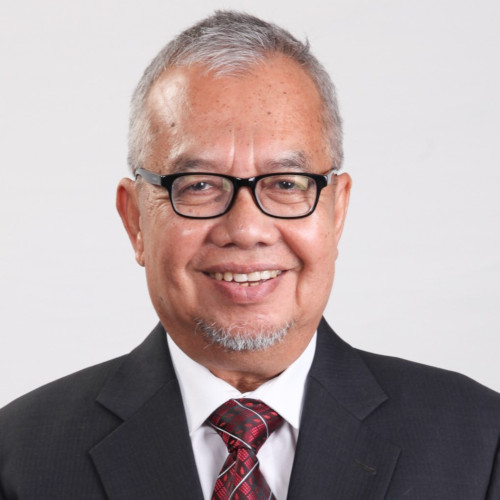
The author is affiliated with the Tan Sri Omar Centre for STI Policy Studies at UCSI University and is an associate fellow at the Ungku Aziz Centre for Development Studies, Universiti Malaya.





